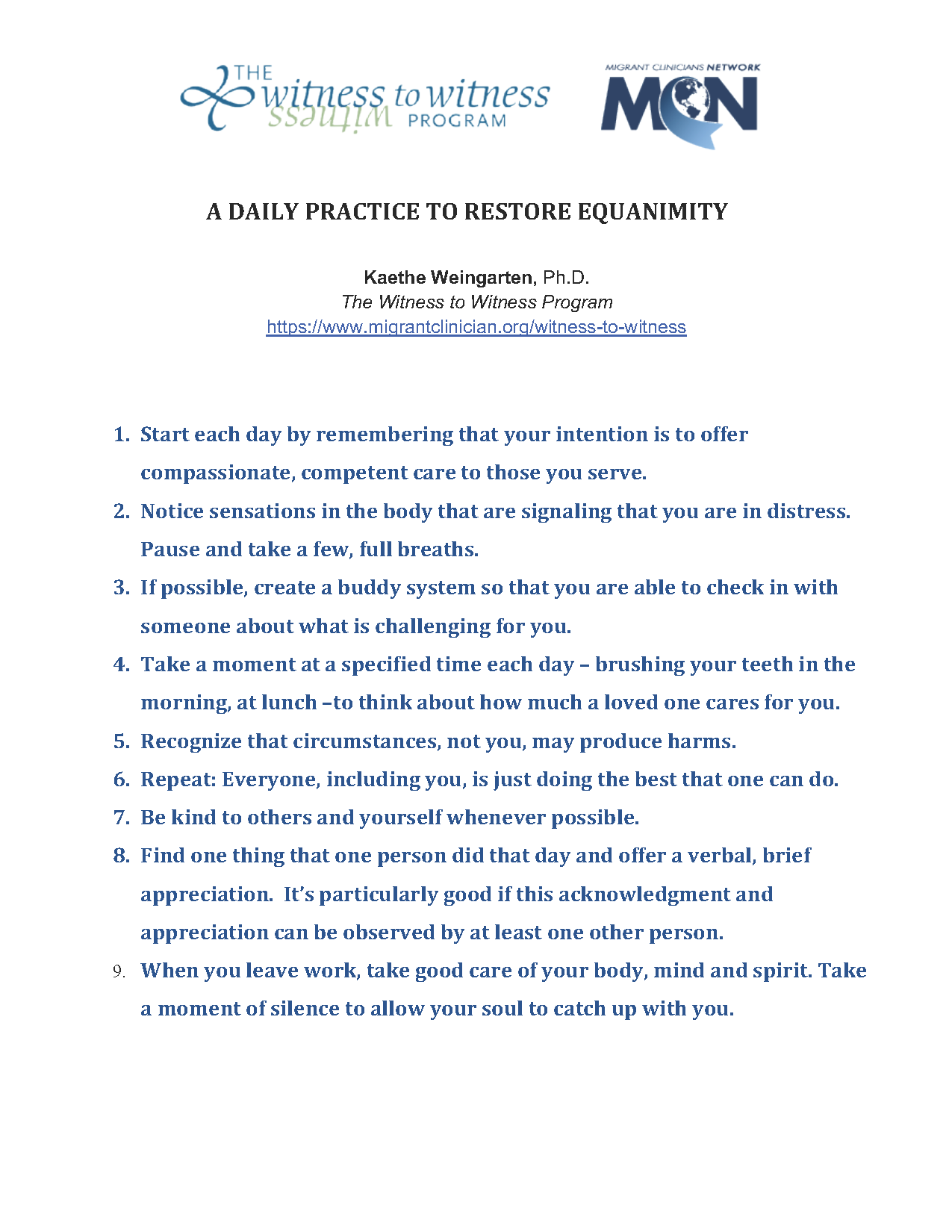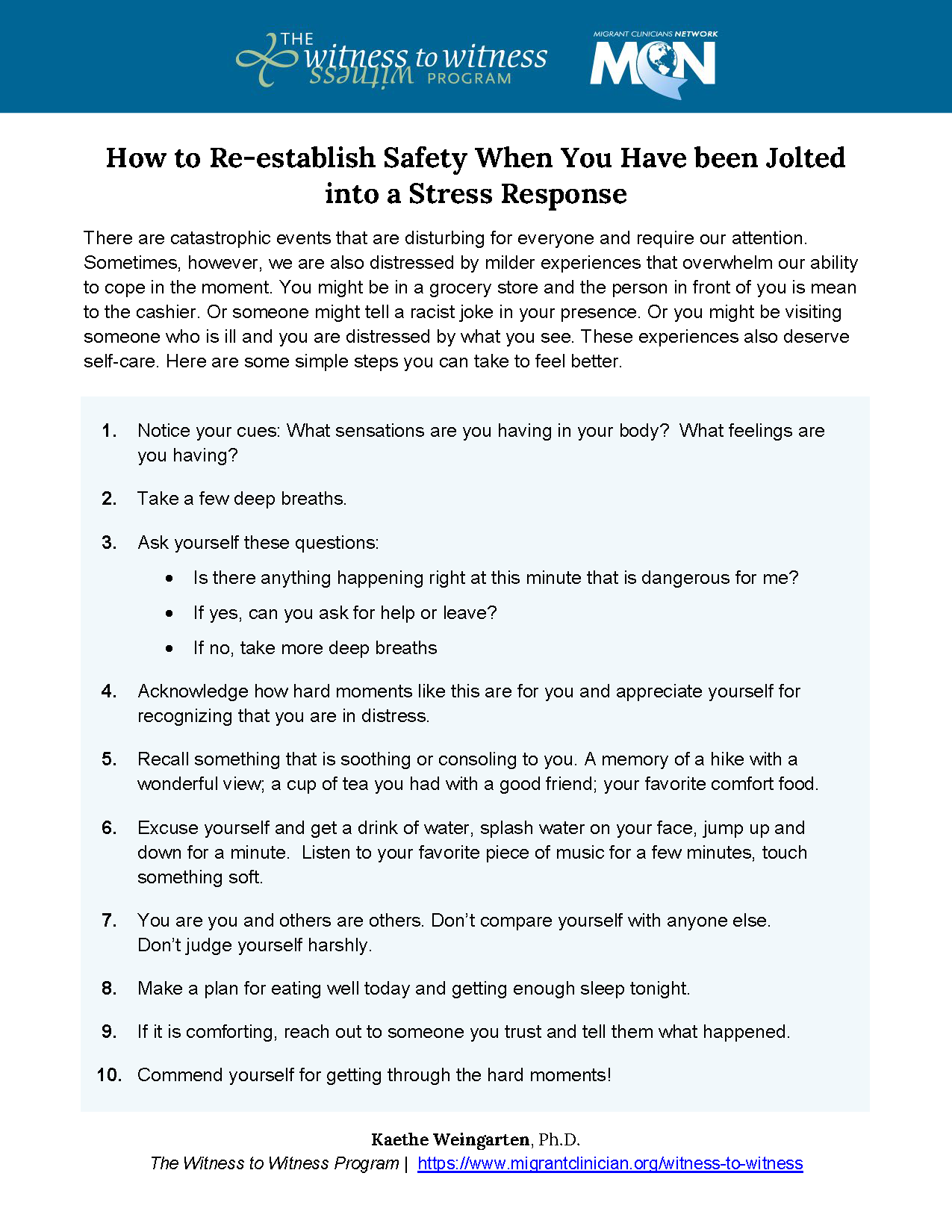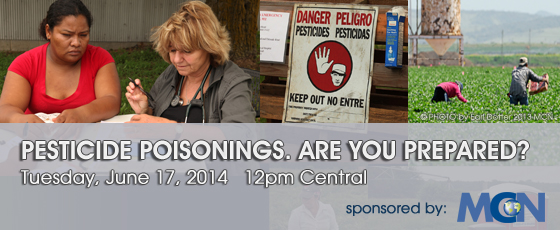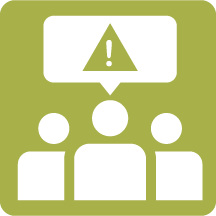
La Red de Proveedores de Servicios de Salud para Migrantes (MCN por sus siglas en inglés) ha publicado un nuevo informe titulado "Fallas del sistema de salud estadounidense para las solicitantes de asilo embarazadas". Este informe de nueve páginas describe cómo las solicitantes de asilo embarazadas que han sido liberadas de su detención y que están legalmente en el país en espera de su audiencia para el asilo, se enfrentan a obstáculos extremos para obtener cuidados prenatales.
Sin cuidados prenatales, los bebés no podrán beneficiarse de las ventajas que ofrece la detección y el tratamiento temprano de enfermedades potencialmente mortales. Tampoco podrán beneficiarse de la detección de anomalías congénitas mientras están en el útero. La falta de los cuidados prenatales durante el embarazo puede dar lugar a una mayor utilización de los servicios de urgencia lo que genera una carga impredecible adicional en el sistema de salud.
También aborda las principales barreras que tienen las solicitantes de asilo para obtener la atención que necesitan durante su embarazo, entre ellas, no estar consciente de la necesidad de los cuidados prenatales, el costo de dichos cuidados, la falta de seguro médico, las dificultades para obtener transporte, el rechazo de los centros de salud a prestar cuidados prenatales y el miedo.
Press contact: Claire Hutkins Seda, cseda@migrantclinician.org.









